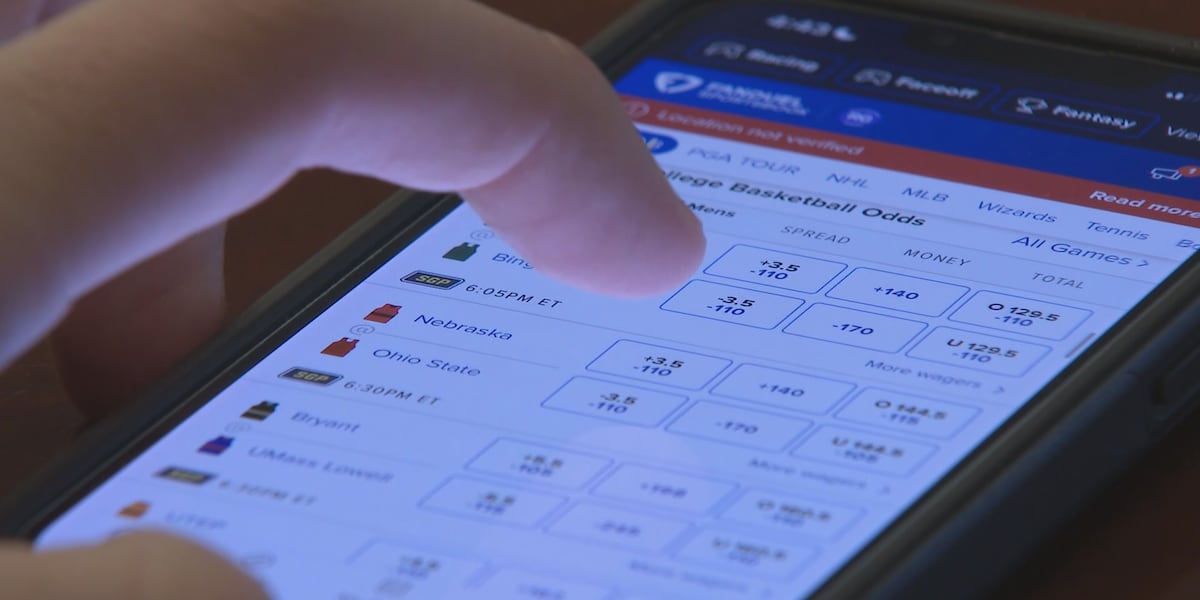WILMINGTON, NC (WECT) – North Carolina’s college athletic departments continue to make money nine months after mobile sports betting was legalized in the state.
North Carolina imposes an 18% tax rate on gross revenues generated by sports betting operators. That money is then distributed several different ways, with 20 percent going to 13 different state university athletic departments, including UNC Wilmington.
During the last fiscal year, which ended in June, departments received more than $800,000 after initially expecting only about $300,000. For the next fiscal year, forecasts exceed $2 million. For non-conference power schools like UNCW, the impacts are significant.
“It’s a wonderful thing for us,” athletic director Mike Oblinger said. “Anytime you can have additional revenue streams – whether you want to enhance those revenue streams or develop new ones – that’s obviously very important to what we’re trying to do here. »
Revenue started coming in late spring and helped the athletic department catch up on needed facility maintenance, Oblinger said.
The athletic director was able to contact school chancellor Aswani K. Volety to expedite the redesign of Brooks Field, where the Seahawks play baseball, two years early because of the new revenue. Today, new turf, dugouts and exterior walls are being installed. Improvements to the school’s tennis courts and sports medicine facilities are also now possible, Oblinger said.
“These are things we need to do,” the AD said. “We are using this money wisely.”
North Carolina bettors have wagered more than $4 billion since mobile gambling was legalized in March. November recorded the second highest monthly total of the year, with $657.7 million bet.
Nathan Goldman, an accounting professor at NC State, says the end of the year — with football, basketball and hockey in action — is a peak time for sports betting.
“Holidays, times when we play the greatest number of sports — that’s when sports will be most popular,” Goldman said.
While sports betting operators pay taxes, players are also supposed to report their winnings as income, Goldman said. Winning a bet is considered income, Goldman explained, and because North Carolina does not have various itemized deductions in its tax law, the state can generate additional revenue through the income tax. It’s also easier for companies to track bets and where they were placed throughout the year for tax purposes, he noted.
Although revenues are higher this year than UNCW expected, Oblinger said the athletic department is not including them in its budget because of their “sporadic” nature.
“It’s one of those situations where it’s hard to predict what this year will look like, what next year will look like,” he said.
Copyright 2024 WECT. All rights reserved.


